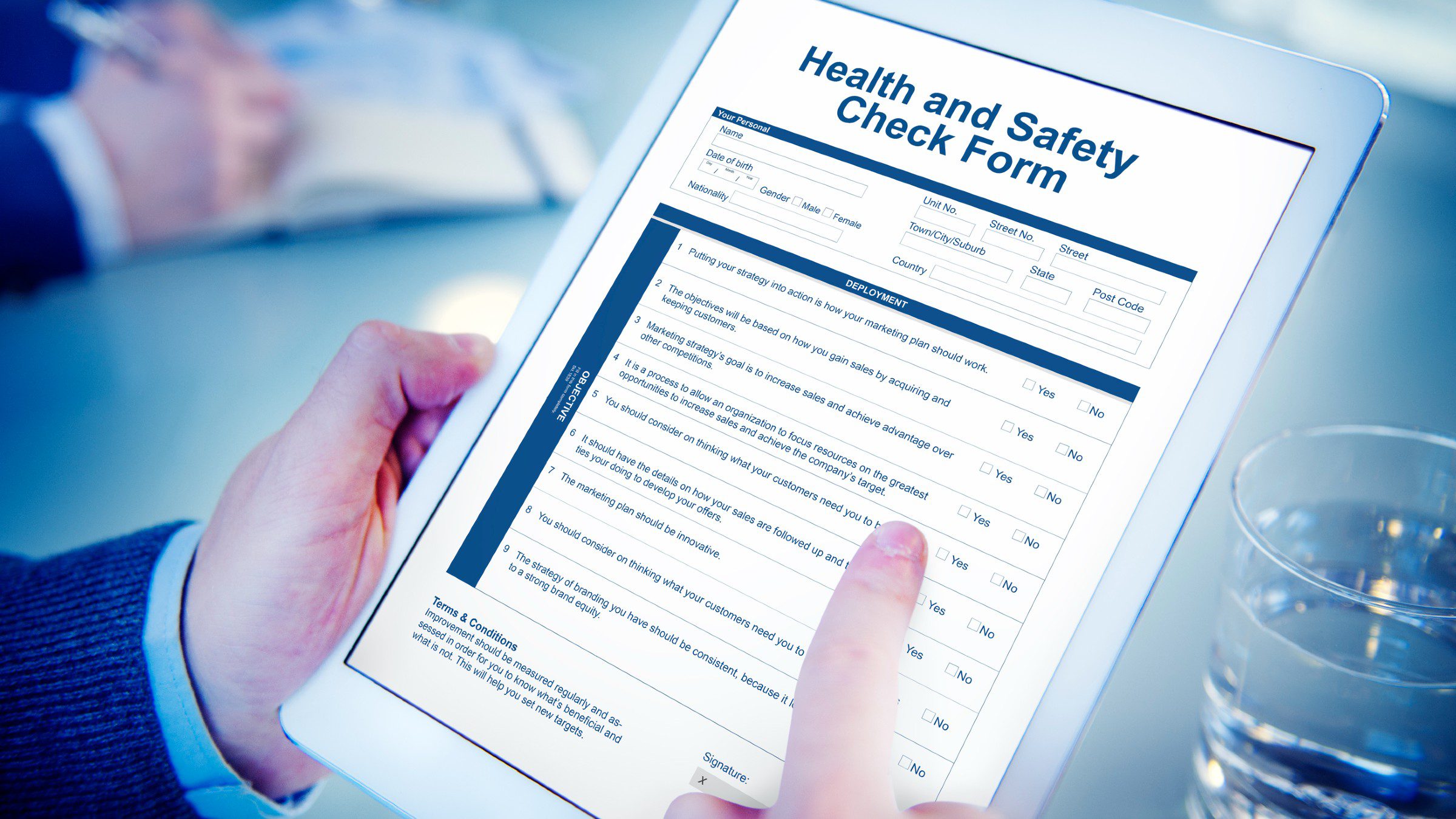Healthcare professionals are the backbone of any medical system, providing essential care, expertise, and compassion to patients around the world. From doctors and nurses to technicians, therapists, and administrative staff, their role in safeguarding public health is unparalleled. However, the evolving demands of the industry require more than just medical knowledge — they require continuous learning, strong leadership, mental resilience, and access to the right resources. Empowering healthcare professionals is not just about individual success; it is about strengthening the entire healthcare ecosystem for better patient outcomes.
The Importance of Empowering Healthcare Professionals
In today’s fast-paced medical environment, healthcare professionals face increasing challenges — from adapting to new technologies and treatment protocols to managing heavy workloads and high-stress situations. Empowerment in this context goes beyond giving autonomy; it means equipping professionals with the tools, education, and support they need to thrive.
An empowered healthcare workforce is more confident, more competent, and more motivated, ultimately resulting in higher-quality patient care and greater job satisfaction. It fosters innovation, reduces burnout, and helps retain top talent in the industry.
Education and Continuous Learning
One of the most effective ways to empower healthcare professionals is through continuous professional development. The medical field is constantly evolving, with new research, treatments, and technologies emerging regularly. Staying updated is not just an advantage — it is a necessity.
- Advanced Training Programs: Specialized courses in fields like critical care, telemedicine, robotic surgery, or emergency response help professionals expand their skills and adapt to changing needs.
- Access to Medical Journals and Research: Subscriptions to reputable sources ensure that healthcare workers remain informed about the latest medical breakthroughs.
- Workshops and Conferences: Networking with peers and engaging with experts allows professionals to share knowledge, learn best practices, and discuss solutions to pressing healthcare challenges.
When healthcare professionals are well-trained and up to date, they make better decisions, work more efficiently, and contribute significantly to improving patient outcomes.
Technological Empowerment in Healthcare
The integration of technology in healthcare has transformed how professionals diagnose, treat, and communicate with patients. Empowering medical staff with advanced tools and training is crucial to maximizing efficiency and accuracy.
- Electronic Health Records (EHRs) streamline patient data management and improve accessibility.
- Telehealth Platforms allow doctors to reach patients in remote areas, providing timely consultations and follow-ups.
- AI-Driven Diagnostic Tools assist in early disease detection, helping healthcare providers make faster and more accurate decisions.
- Wearable Health Devices offer real-time patient monitoring, enabling proactive care.
By embracing technology, healthcare professionals can enhance patient care, reduce administrative burdens, and focus more on clinical excellence.
Mental Health and Well-Being Support
The medical profession can be emotionally and physically demanding. Long hours, emergency situations, and exposure to trauma can take a toll on mental health. Empowerment means creating a culture where mental well-being is prioritized.
- Counseling Services and Support Groups provide safe spaces for healthcare workers to share their experiences and seek guidance.
- Work-Life Balance Initiatives such as flexible scheduling, adequate rest periods, and wellness programs can reduce burnout.
- Recognition and Appreciation go a long way in motivating staff and making them feel valued.
When healthcare professionals are mentally healthy, they can provide better care, maintain focus, and foster a more compassionate environment for patients.
Leadership and Decision-Making Opportunities
Empowering healthcare professionals also means involving them in decision-making processes. Those on the front lines have unique insights into patient care and operational challenges. Giving them a voice in shaping policies, protocols, and workplace culture ensures that solutions are practical and effective.
- Encouraging Leadership Roles for nurses, technicians, and other non-physician staff builds a sense of ownership and responsibility.
- Mentorship Programs allow senior professionals to guide and inspire younger colleagues.
- Interdisciplinary Collaboration fosters teamwork between various departments, enhancing care delivery.
Leadership opportunities also prepare professionals for administrative roles, expanding their career potential.
Ethical Empowerment and Patient Advocacy
Medical ethics is at the heart of healthcare. Empowerment includes strengthening professionals’ ability to advocate for patients and uphold ethical standards.
- Ethics Training helps healthcare workers navigate complex situations involving consent, privacy, and patient rights.
- Advocacy Skills enable them to represent patient interests effectively, especially in underserved communities.
- Cultural Competence ensures that care is respectful and sensitive to diverse patient backgrounds.
By empowering healthcare professionals in these areas, medical institutions can ensure that patient care remains compassionate, equitable, and ethical.
Financial and Career Advancement Support
Empowerment is not only about education and mental health — it is also about providing opportunities for financial growth and career progression.
- Scholarships and Grants for further education can remove financial barriers.
- Competitive Salaries and Benefits help retain skilled professionals.
- Clear Career Pathways allow individuals to envision long-term growth in their roles.
When healthcare professionals feel financially secure and have clear opportunities for advancement, they are more likely to remain committed to their profession.
The Role of Medical Associations and Memberships
Professional medical associations play a crucial role in empowering healthcare workers. These memberships offer:
- Access to Resources such as training modules, research databases, and expert-led webinars.
- Networking Opportunities with peers and leaders in the field.
- Advocacy on behalf of healthcare workers, ensuring their voices are heard in policy discussions.
- Professional Recognition through certifications and awards.
By joining these organizations, healthcare professionals can expand their knowledge, gain support, and contribute to shaping the future of healthcare.
Conclusion
Empowering Healthcare Professionals is a multi-dimensional process involving education, technology, mental health support, leadership opportunities, ethical training, and career growth. When healthcare workers are equipped with the right tools and resources, they can provide better patient care, innovate within their fields, and find fulfillment in their careers.
